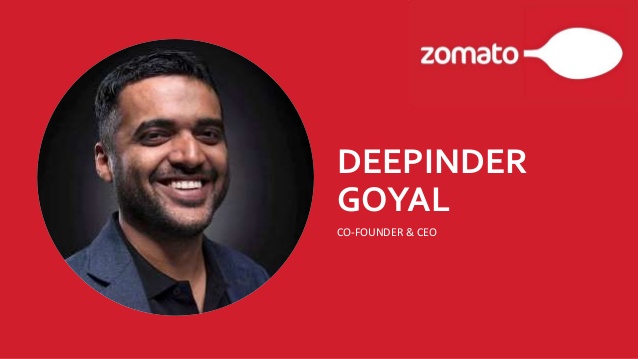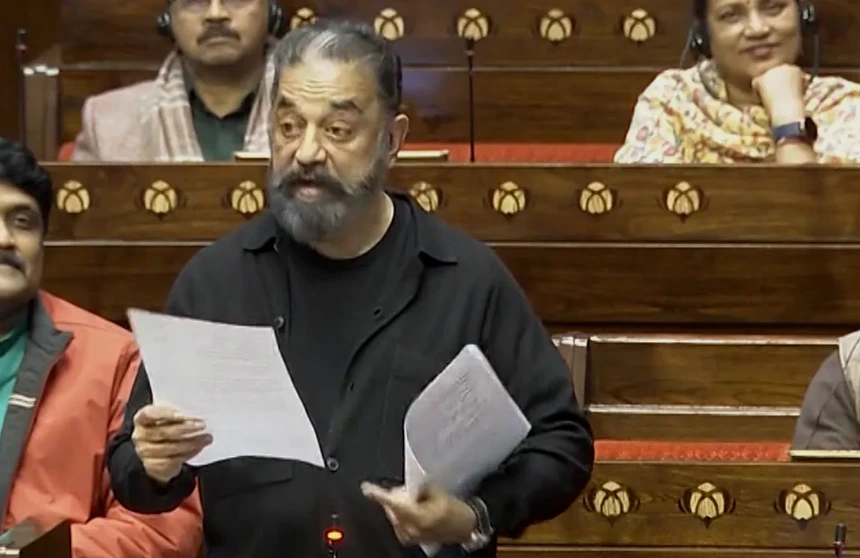Top Stories
10-minute delivery service is safe for delivery partners as 30-minute delivery, know why Zomato founder Deepinder Goyal said this
“There are no fines for late deliveries. For both 10- and 30-minute deliveries, there are no incentives for on-time delivery, on a Twitter thread, Mr. Goyal stated. He went on to say, “We’re creating additional food stations to provide 10-minute service for certain customer locations only.”

Latest world news
New Delhi free to buy oil from any source, Russia says amid US deal claims
Russia has said India is free to purchase oil from any country, dismissing claims that New Delhi has agreed to stop buying Russian crude under a US trade deal.
India News
PM Modi skips Lok Sabha reply as protests force repeated adjournments
PM Modi did not deliver his Lok Sabha reply today after sustained Opposition protests led to repeated adjournments over a dispute involving Rahul Gandhi’s proposed speech.
India News
President’s Rule revoked in Manipur as NDA set to form new government
President’s Rule has been withdrawn in Manipur nearly a year after its imposition, paving the way for a new NDA-led government under Yumnam Khemchand Singh.
-

 Entertainment22 hours ago
Entertainment22 hours agoBorder 2 box office collection day 12 crosses Rs 286 crore, eyes Rs 300 crore milestone
-

 India News19 hours ago
India News19 hours agoPresident’s Rule revoked in Manipur as NDA set to form new government
-

 India News16 hours ago
India News16 hours agoPM Modi skips Lok Sabha reply as protests force repeated adjournments
-

 Latest world news3 hours ago
Latest world news3 hours agoNew Delhi free to buy oil from any source, Russia says amid US deal claims
-

 Cricket news2 hours ago
Cricket news2 hours agoPakistan PM Shehbaz Sharif confirms boycott of India match at T20 World Cup
-

 Latest world news2 hours ago
Latest world news2 hours agoPakistan faces domestic backlash after India secures lower tariffs in US trade deal
















